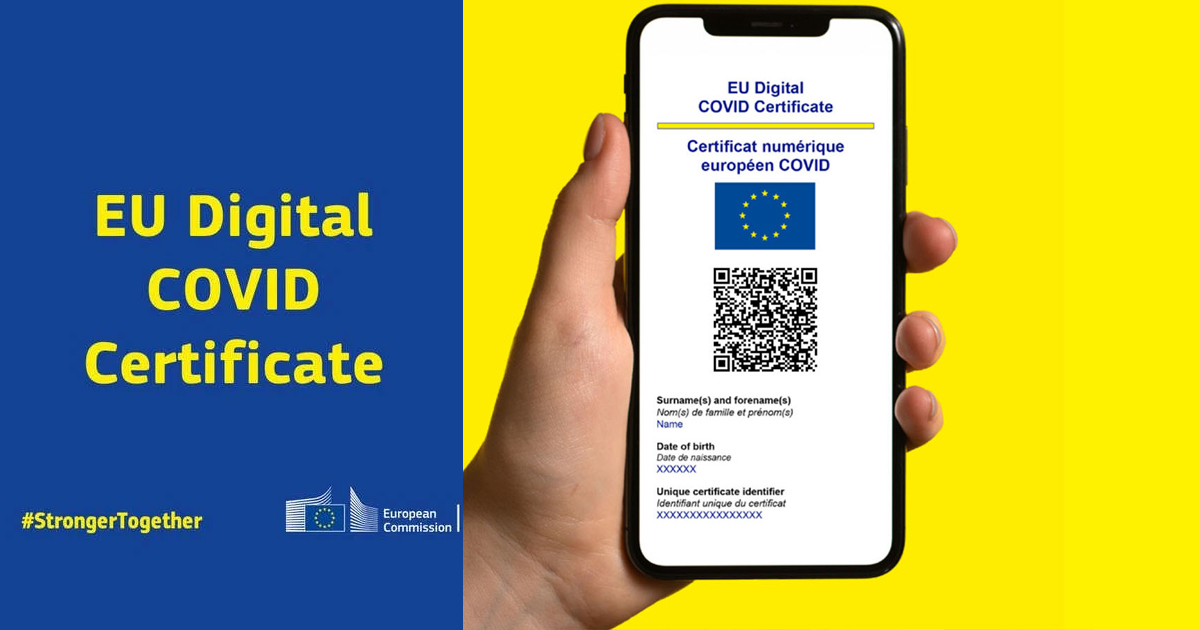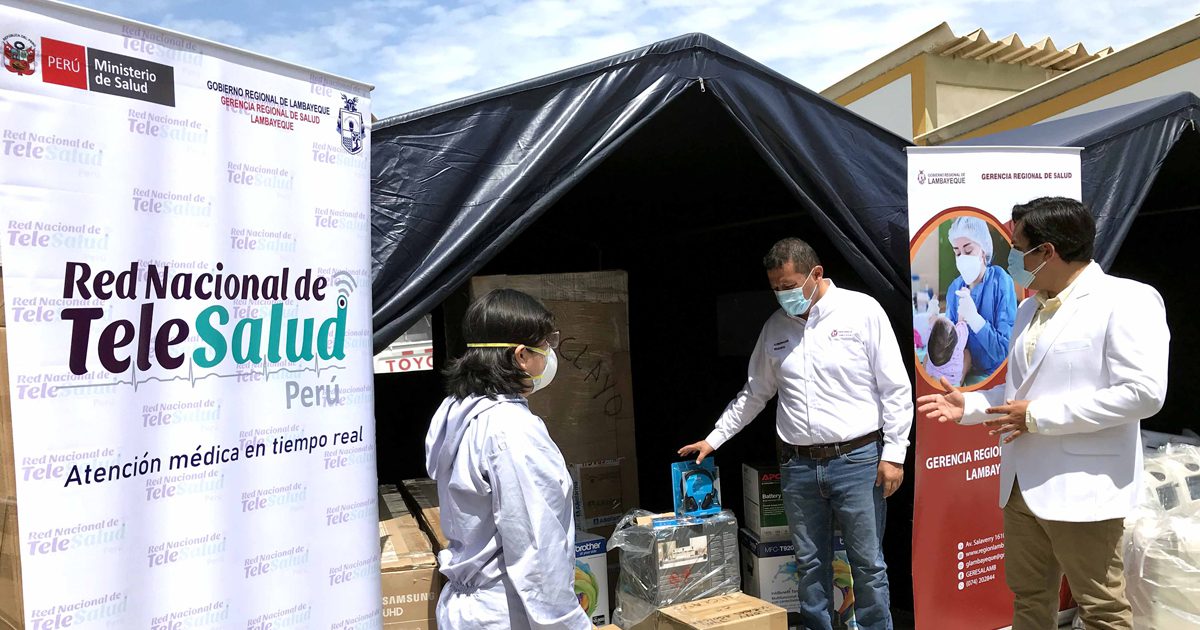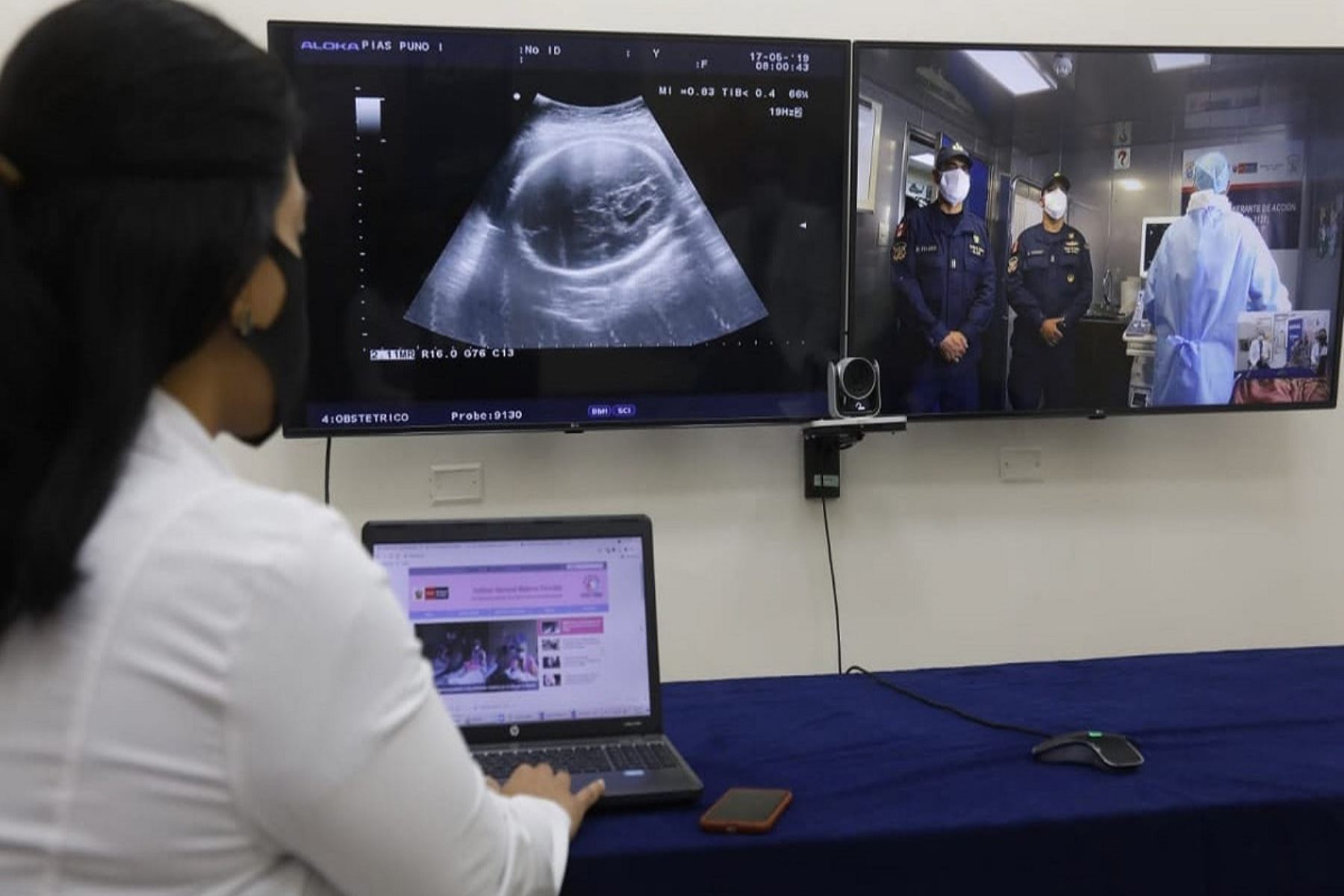The digital COVID certificate will be introduced in European Union (EU) member countries on July 1, 2021.
The EU digital COVID certificate is a certified proof that the carrier has been vaccinated against COVID-19. In addition to this information the certificate is updated upon receipt of a negative test result, which is also included, as well as showing whether the user has had COVID-19 and recovered.
Other required key information that the certificate will include is the name, date of birth, date of issue, relevant vaccine information and a unique identifier.
The certificate will be primarily in digital format; however, it will also have a physical paper version. Both will include a QR code and will be free of charge. All certificates will have their English and national language version. "The digital version can be stored on a mobile device. Citizens can also request a paper version. Both will have a QR code that contains essential information, as well as a digital signature to make sure the certificate is authentic," the EU explains.

Each country's authorities will be responsible for issuing the certificate to its citizens. It is up to each country to publicize what the process will be like, either at COVID testing centers, directly in healthcare institutions, or through a web portal. "Member States have agreed on a common design that can be used for the electronic and paper versions to facilitate the recognition."
The purpose of the certificate is to promote free movement within the EU and to have mobility restrictions lifted in a coordinated approach. In the event of traveling to another country a person with an EU digital COVID certificate would be exempt from any restrictions on movement.
How the certificate works
- The EU Digital COVID Certificate contains a QR code with a digital signature to protect it against falsification.
- When the certificate is checked, the QR code is scanned and the signature verified.
- Each issuing body (e.g. a hospital, a test centre, a health authority) has its own digital signature key. All of these are stored in a secure database in each country.
- The European Commission has built a gateway through which all certificate signatures can be verified across the EU. The personal data of the certificate holder does not pass through the gateway, as this is not necessary to verify the digital signature.
The European Commission was part of the development of the software and mobile applications to be used by the Member States to issue and verify certificates.
Thanks to this approved system, even citizens without vaccination will be able to travel to other countries, as the certificate also includes COVID-19 test results. Likewise, in case the user is vaccinated, no matter what type of vaccination he/she has received, they all have the same validity.






